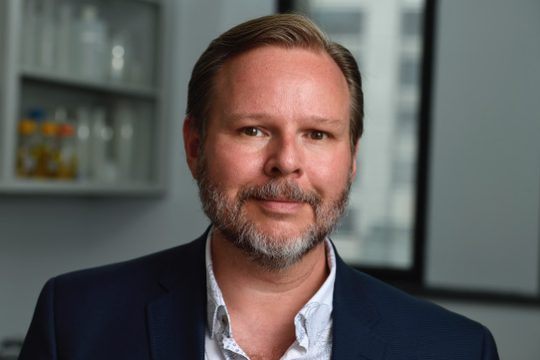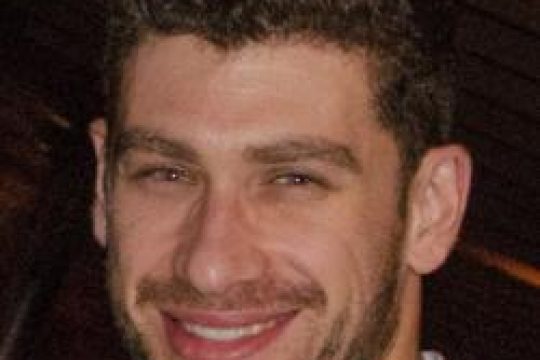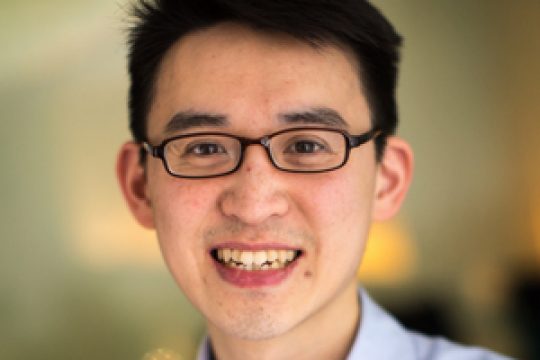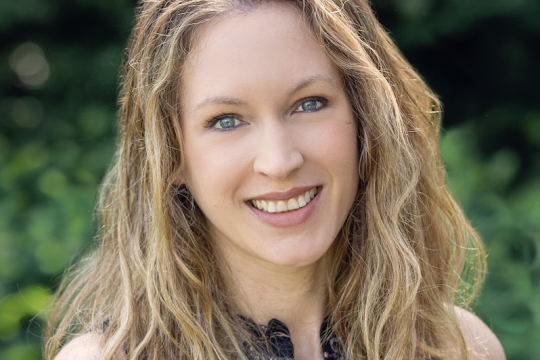Our laboratory studies the molecular and cellular mechanisms underlying the perception of pain under healthy conditions and in the setting of pathology. Towards this goal, we utilize a wide spectrum of approaches including behavioral analysis, in vivo and in...
The goal of the Meffert lab is to gain a mechanistic understanding of how selective gene programs are recruited and maintained to modify the nervous system during development, experience-dependent plasticity, and in injury or disease. Rather than focusing on...
Messenger RNA (mRNA) translation by the ribosome represents the final step on a complicated molecular dance from DNA to protein. Though classically considered a decipherer that translates our 64-word genetic code into a proteome of astonishing complexity, recent work...
CRISPR-Cas loci serve as acquired immune systems which protect their bacterial and archaeal hosts from viruses and plasmids. CRISPR immunity occurs in two phases: First, short DNA segments from foreign invaders are captured and inserted into the CRISPR locus...
Laboratory of PARP biology in RNA metabolism Our research program focuses on how gene regulation impacts diseases states, including cancer, neurodegeneration and virus infection. Recent research focus includes a druggable protein modification called poly(ADP-ribose). Poly(ADP-ribose) polymerase (PARP) inhibitors are...
Research in my laboratory focuses on the molecular basis of the processes that relate to protein nucleic acid interaction. The strategy that we use is based primarily on structural studies using X-ray crystallography, for which I have extensive training....
Even among similar cell types, differences in synaptic connectivity and activity patterns render these populations functionally and molecularly distinct. While early cell type-specific investigations obtained molecular profiles on the basis of cell-type markers, molecular genetic tools now allow researchers...
What if you could grow a new heart or liver if your first one failed? Our lab is interested if organogenesis can happen again in adults. We use skin as our model system and try to ask basic questions...








